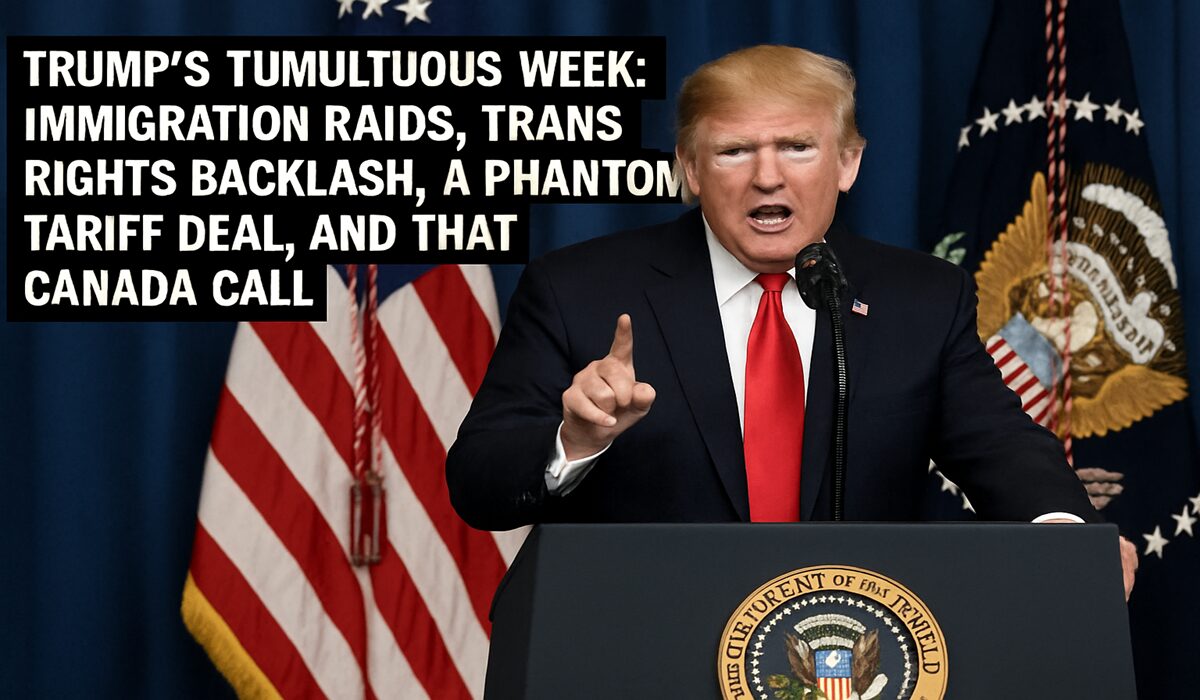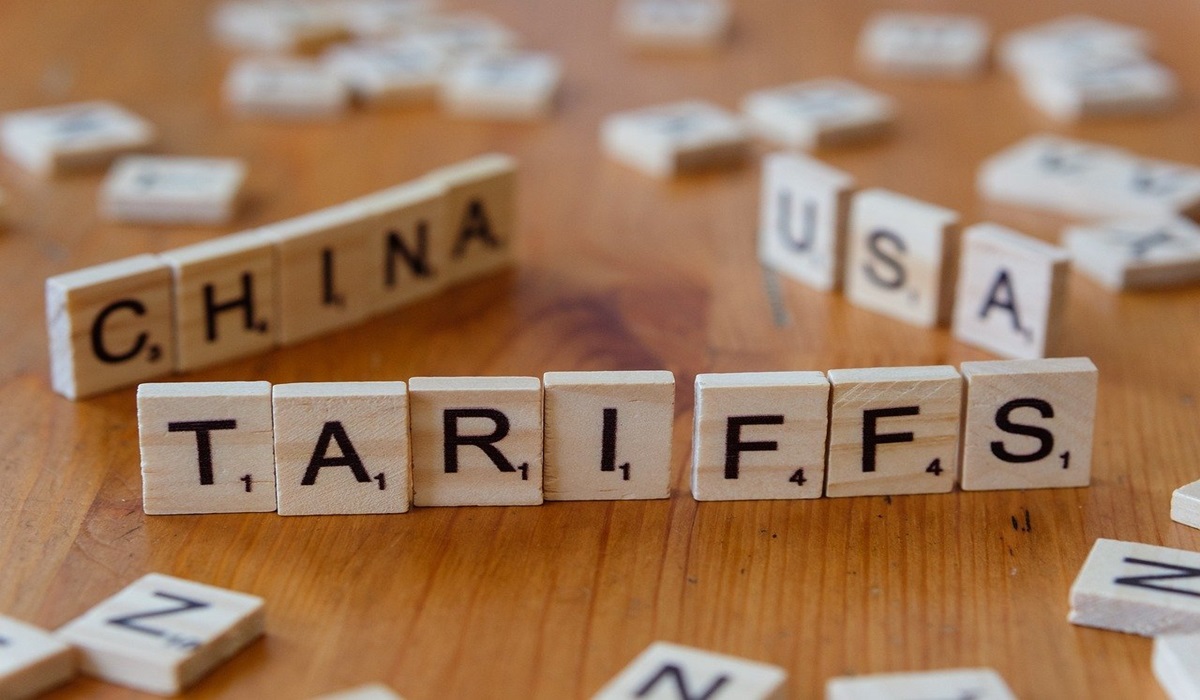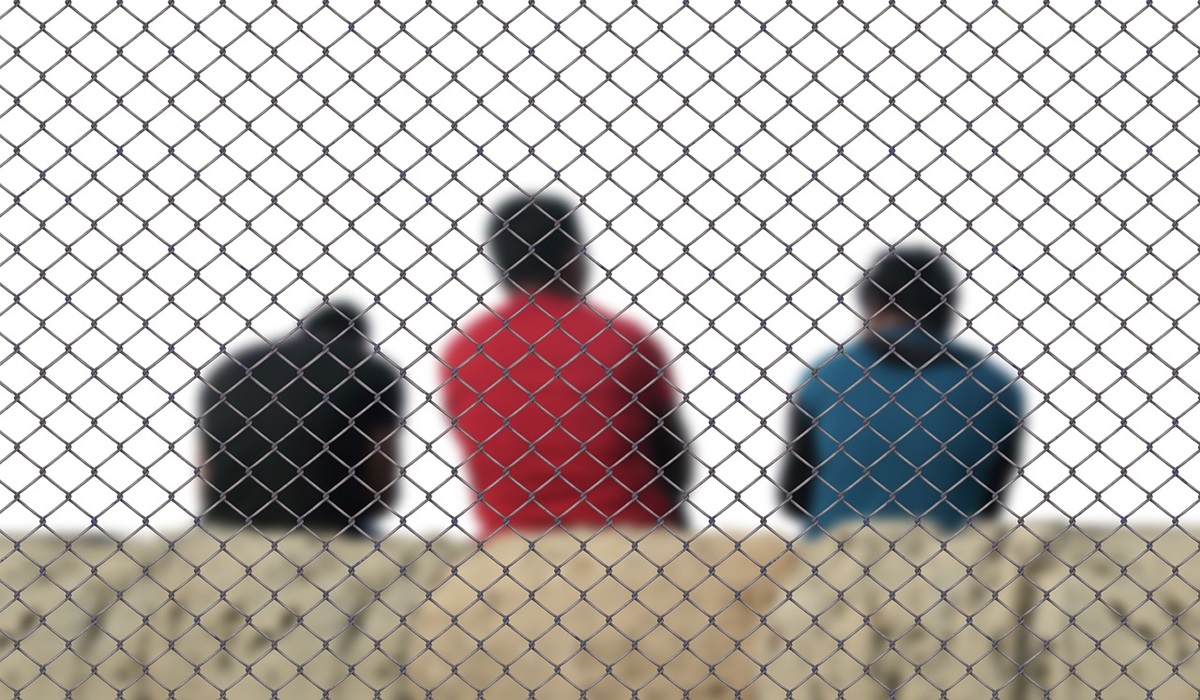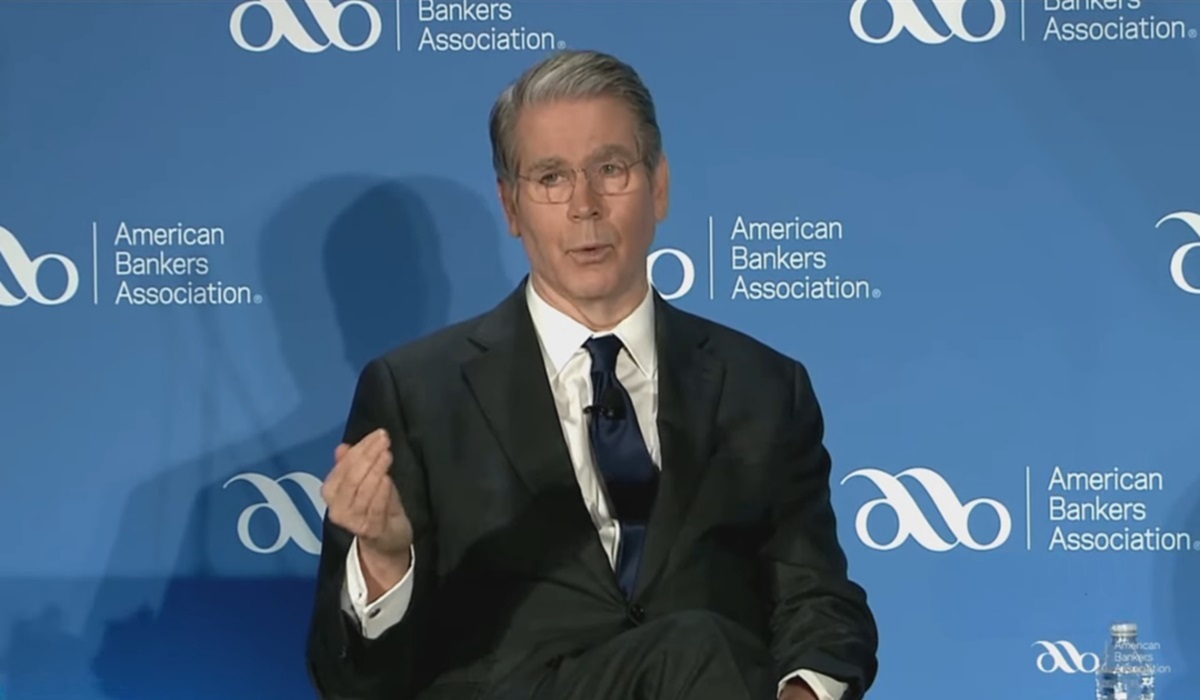Mark Carney’s New Mandate: A Test of Leadership Begins Immediately
- Naomi Dela Cruz
- U.S.A
- April 29, 2025
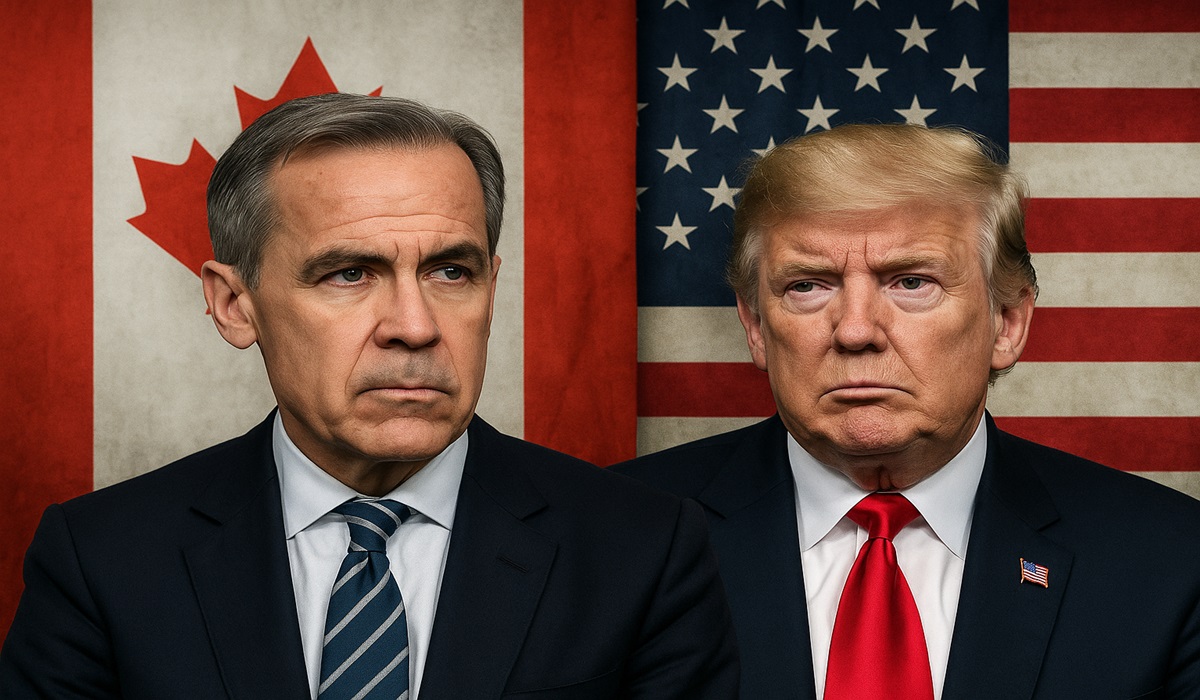
The Canadian election is over, and Mark Carney now holds the office of Prime Minister with a mandate as an elected official. But reality wastes no time. Even before the final ballots were counted, Donald Trump ratcheted up tariffs on Canadian goods, sending a clear signal that the relationship between Ottawa and Washington will not get a grace period. Carney now inherits a foreign policy environment that demands strength, clarity, and fast decisions — none of which he has shown any urgency to deliver so far.
As of this moment, there is no official confirmation that President Trump has called Carney to offer the standard congratulations typically extended between leaders of the two countries. Given Trump’s history of using protocol as a tool for political signaling, it would not be surprising if the call is delayed, conditional, or skipped entirely. If Trump does call, it is unlikely to be an olive branch; more likely it will be a preamble to aggressive trade demands and pressure on bilateral issues. Carney’s track record in politics suggests a reluctance to engage in direct confrontation, raising early questions about whether Canada will present a firm stance or quietly absorb the blows.
In terms of a state visit, none is currently planned. This silence speaks volumes. Normally, after a major election, particularly when power is retained by a centrist government, some form of diplomatic gesture follows. The lack of movement suggests that Washington views Canada’s new administration not as a partner to celebrate, but as another player to pressure during Trump’s ongoing nationalist economic crusade. In short, Carney is not starting with a clean slate; he’s starting behind.
Diplomatic management will be critical — and the changes are already underway. With Mélanie Joly reportedly shuffled out of the Foreign Affairs portfolio, a new ambassador to the United States has been confirmed to be named as soon as tomorrow. This move is a tacit admission that the existing foreign policy setup was not equipped to handle the rising friction with Washington. The outgoing ambassador, Kirsten Hillman, maintained stability during quieter periods but was widely seen as steady at best, with no track record of breaking new ground or standing firm in the face of escalating pressure. Canada now requires an ambassador capable of navigating far rougher terrain than anything encountered over the past four years.
This pivot was long overdue. Under Joly’s leadership, Canada’s foreign policy apparatus had become reactive, ceremonial, and largely symbolic. In a world where Trump sees diplomacy as a zero-sum game, Canada cannot afford empty gestures. The new ambassador’s approach — whoever is named — will set the tone immediately. If the appointment is political and cosmetic rather than strategic and hard-edged, Canada will be caught flat-footed in every major negotiation over the next four years, from trade to security to border issues.
Meanwhile, Carney faces the unavoidable political burden of reshuffling his Cabinet in the coming days. Removing Joly from Foreign Affairs was a necessary first step, but the broader question remains: will the Prime Minister build a Cabinet willing to challenge Trump’s aggressive policies head-on, or will he retreat into carefully crafted messaging while Canadian industries bear the brunt?
The clock is ticking. Tariffs are not theoretical — they are already hitting Canadian exporters. A Prime Minister who hesitates will find no refuge in international goodwill. Trump has no interest in giving Carney time to settle in. The battle lines have been drawn, and Canada’s leadership must now decide whether it is prepared to fight for its economic interests or simply manage its decline politely.
What happens next will be telling. If Carney moves swiftly to appoint capable, combative diplomats and ministers who understand the stakes, there is a slim chance to reset the narrative. If he clings to the old model of cautious, banker-style diplomacy, Ottawa will find itself outmaneuvered before the first serious talks even begin.
The election is over. The consequences have just begun.

